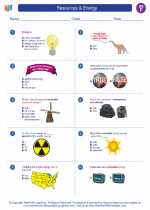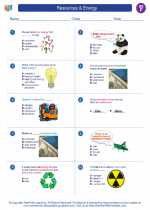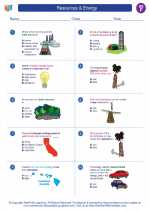Ancient Egypt
Ancient Egypt was a civilization of ancient Northeastern Africa, concentrated along the lower reaches of the Nile River in what is now the modern country of Egypt. It was one of the world's earliest and greatest civilizations, with a rich history that spanned over 3,000 years. The civilization of Ancient Egypt thrived from around 3100 BCE to 30 BCE.
Geography and Environment
Ancient Egypt was located in the northeastern corner of Africa. The Nile River, the longest river in the world, played a crucial role in the development of the Egyptian civilization. The river provided a source of water for irrigation, transportation, and fertile soil for agriculture. The surrounding deserts provided natural barriers that helped protect the ancient Egyptians from invaders.
Society and Culture
The society of Ancient Egypt was hierarchical, with the pharaoh at the top, followed by the nobles, priests, scribes, and peasants. The ancient Egyptians had a rich and complex belief system that included the worship of many gods and the practice of elaborate burial rituals, including mummification. They also excelled in architecture, art, and engineering, leaving behind impressive monuments such as the pyramids and the Great Sphinx.
Government and Economy
The pharaoh, meaning "great house" in Egyptian, was the supreme leader of Ancient Egypt and was believed to be a god on earth. The economy of Ancient Egypt was primarily agrarian, with the Nile River providing the necessary irrigation for farming. The ancient Egyptians also engaged in trade with other civilizations, exporting goods such as gold, papyrus, and linen.
Study Guide
- What role did the Nile River play in the development of Ancient Egypt?
- Explain the social hierarchy of Ancient Egypt.
- Describe the religious beliefs and practices of the ancient Egyptians.
- Who was the pharaoh and what was their role in Ancient Egypt?
- How did the economy of Ancient Egypt function?
- Identify and explain the significance of at least two architectural achievements of Ancient Egypt.
[Ancient Egypt] Related Worksheets and Study Guides:
.◂Social Studies Worksheets and Study Guides Sixth Grade. Resources & Energy

 Worksheet/Answer key
Worksheet/Answer key
 Worksheet/Answer key
Worksheet/Answer key
 Worksheet/Answer key
Worksheet/Answer key
